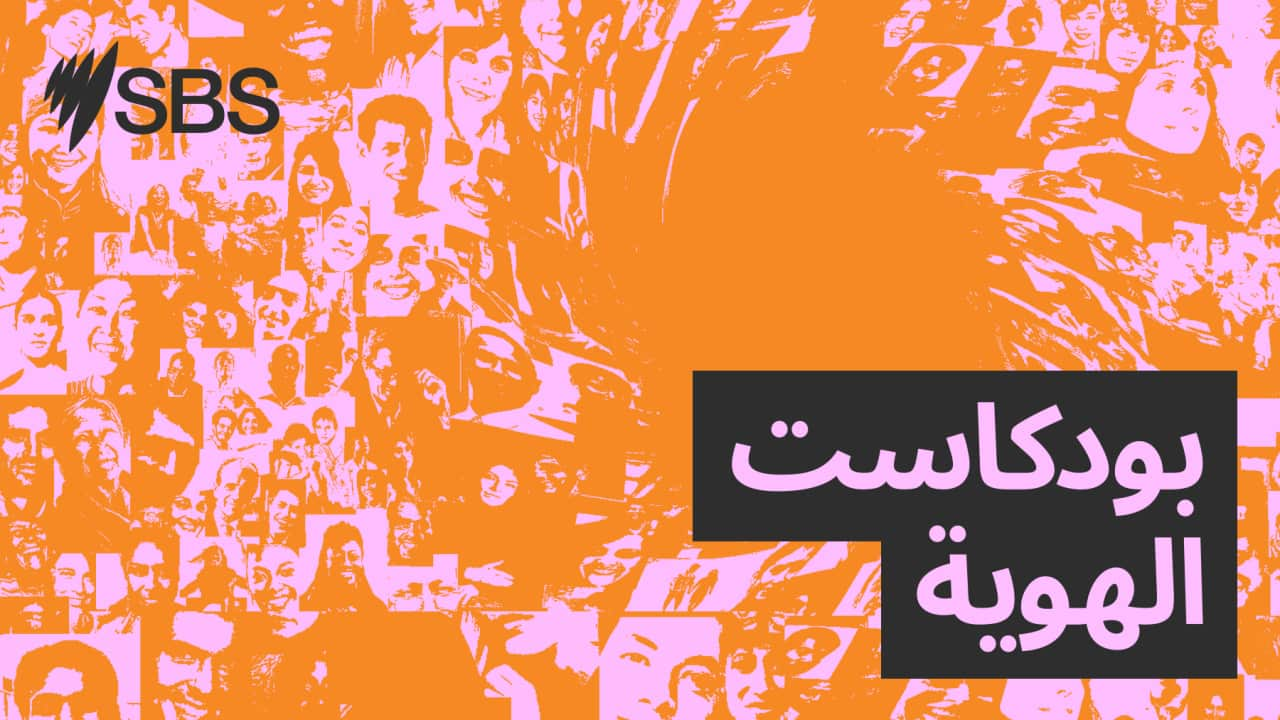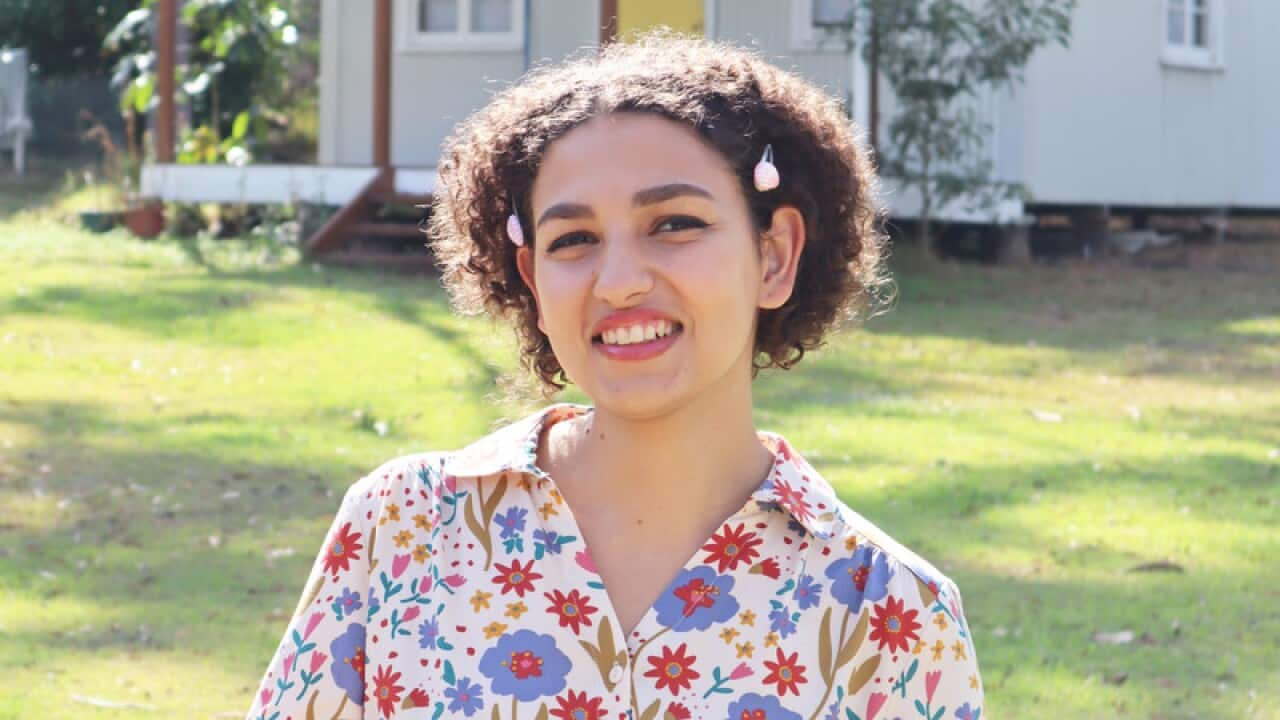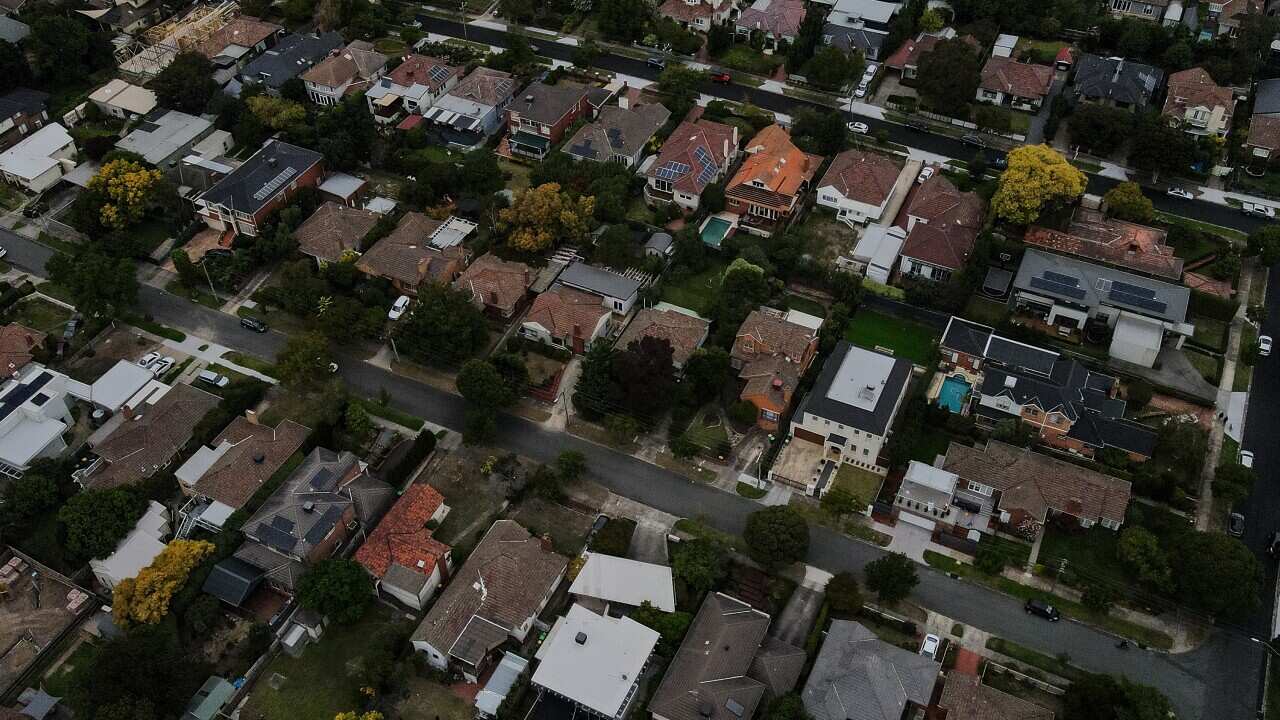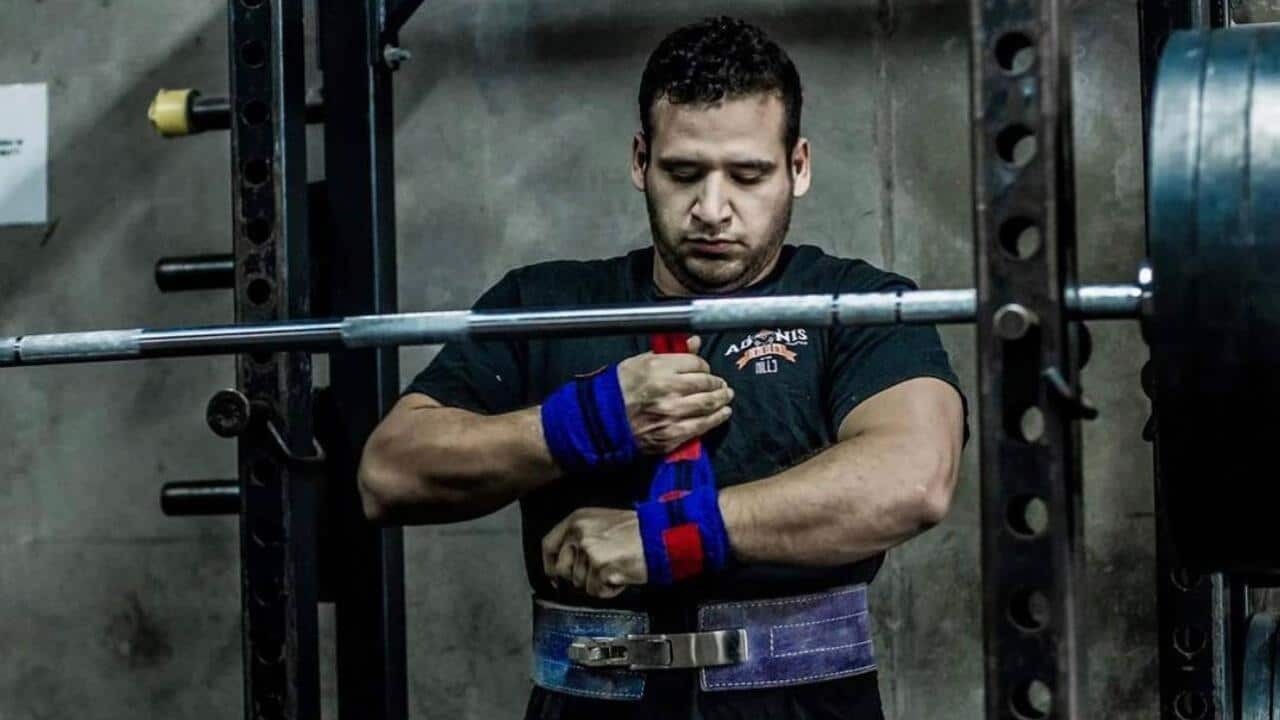Have you ever pretended not to be Arab? How far do you go to please your parents? Ever thought about where you’ll be buried? This podcast explores what it feels like to belong in two places, and nowhere at the same time. We’ll speak with second-generation Arab-Australian migrants about how they’re dealing with the complexities of a mixed identity. How do you own your Arab culture and try to fit in with Australians? Hosted by Maram Ismail - SBS Arabic24.
Listen to My Arab Identity Podcast episodes via your favorite podcast platform here
Sara Saleh speaks about a dilemma that may face some migrants – where to be buried after death. How can an Arab-Australian woman with a migrant background, mixed between Egyptian and Lebanese-Palestinian, decide in which country her body would be buried? How can she choose?
READ MORE

Where will I be buried?
Amani Haydar is a young woman of Lebanese descent. She had a restricted social life as a child and was deprived of her mother in horrible circumstances. Her experience with her parents' migration to Australia revolved around a thin line between the expectations that migrants imposed on their children, and their cruelty in forcing their children to meet those expectations. Today, Amani Hayder stands against domestic violence after her father killed her mother four years ago.
READ MORE
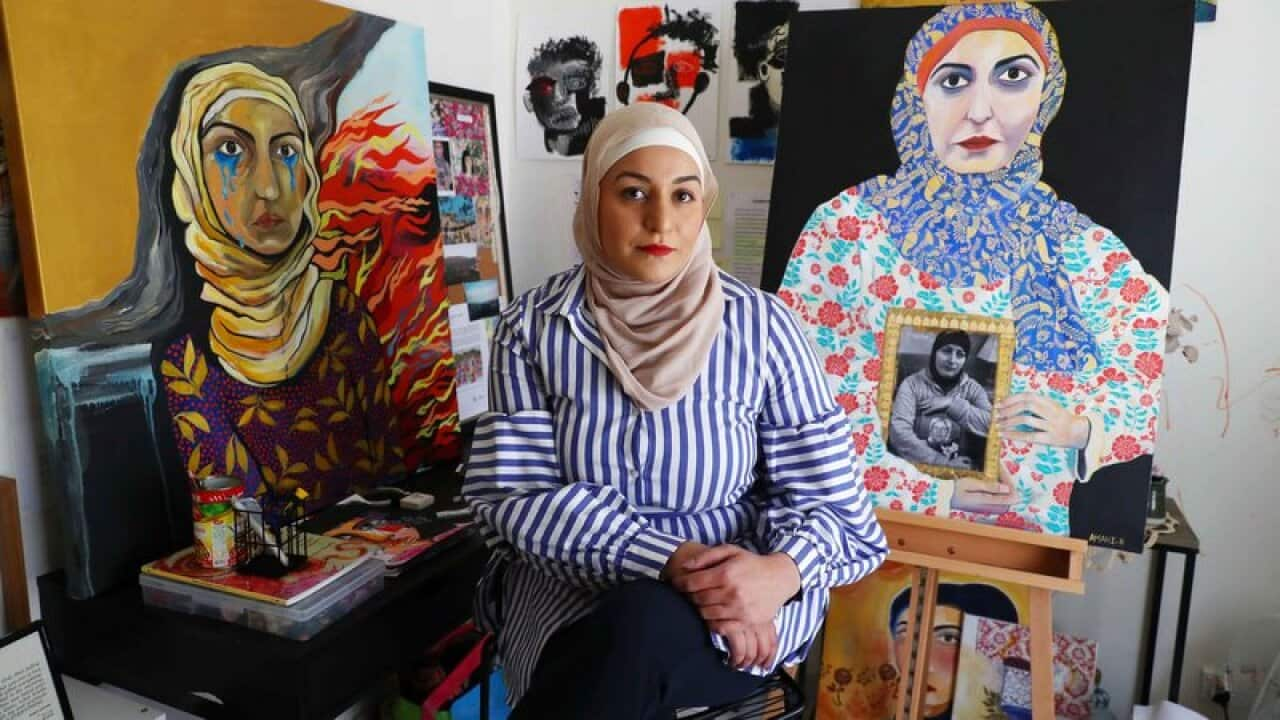
Healing after mum's murder
: Ryan Al-Natour is a young man who lived most of his life in western Sydney, within a very multicultural space. He never thought how his cultural identity and appearance would impact on his settlement and acceptance one day in Rockhampton, North Queensland. He often had to stand up and defend the good people in his community; “They are not all terrorists and trouble makers". Ryan is seen as Muslim-Lebanese, despite being Christian –Palestinian.
Ruby Hamad refused to reveal her Arabic identity and her ability to speak the language outside her home. It broke her father's heart. She tells us how the second generation of Arab-Australian, try to avoid racism and fit in from a young age.
READ MORE

I changed my Arab name to fit in
: Abulrahman Hammoud went to an Islamic school where he found solidarity to fast during Ramadan, celebrate Eid, and saw his friends’ mothers wearing hijab. He did not feel different than or questioned for holding the Arab Muslim identity. But this world, which may be ideal for some migrants, disappeared when he first set his foot in the university, a world where he found himself a stranger and a target for anyone who didn't welcome diversity.
: Miran Hosny is proud of her Egyptian heritage. But you won’t know that she is originally from Egypt when she speaks her Arabic dialect, simply because she cannot associate herself with belonging to Egypt only. She was born and lived all her life in Australia, in a neighbourhood full of migrants who come from different countries and cultures that influenced her composition and understanding of her Arab identity. Although she speaks Arabic, she is still being criticised for not speaking the Egyptian dialect.
Rooan Al Kalamshi rebelled against what her community considered indispensable and social constants. Coming from Mandaean Iraqi descent, the main obstacles she encountered while growing up in Australia were to do with her own acceptance of her identity and coming to terms with it. She struggled growing up between two worlds and wanted her life to be free of any restrictions that she couldn't see fit in today, especially those imposed by parents.
: Mohammad Awad hated his name not because of its meaning or its descent, but because of the obstacles it forced him to face. He felt isolated and developed mental health issues to a point where he contemplated suicide. Now, he suffers from ”police-phobia” which he developed after many traumatic experiences with law enforcement officers.
: Sara El Sayed dreamed of becoming part of the aerobics team at school when she was 12 years old. But the challenges she faced were greater than just getting accepted into auditions. She wanted to be just a simple, normal, and acceptable part of the broader school community, especially among her classmates.
Listen to new episodes of My Arab Identity podcast in Arabic on your favorite podcast platform:
